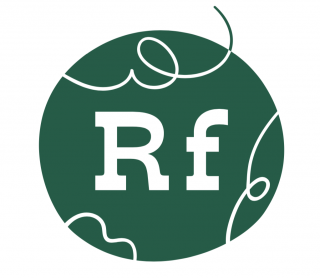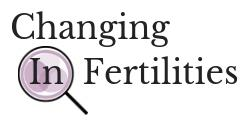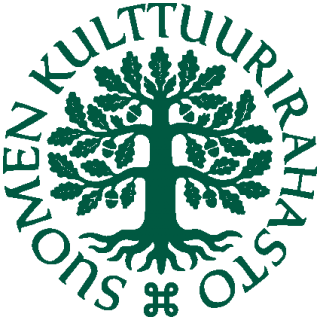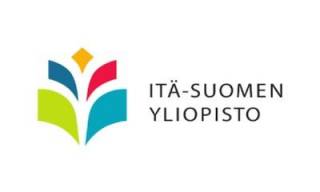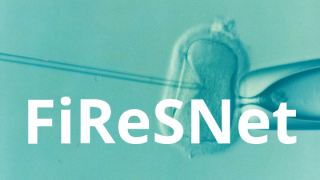Decreasing fertility rates and delayed family formation have raised concern across the world. Meanwhile, human population growth is regarded a problem for global ecological sustainability. This paradox has instigated discussions about future population control, family relations, and reproductive and environmental justice. For example, biodiversity, complex ecologies and good life for not just humans but also more-than-humans are receiving growing attention in research, policymaking, design and art. At the same time, existing and emerging reproductive technologies, together with the increasing commercialization of care and health data, are reshaping family- and kin-making landscapes. Furthermore, women’s and gender, sexual and ethnic minorities’ rights to sexual and reproductive health have been re-politicized in many national contexts.
This international conference aims to engage, explore and unpack the plurality of relationships between reproductive practices, population and ecological futures. We welcome empirical, theoretical, and methodological contributions from various disciplinary backgrounds, including social, human, and environmental sciences as well as design and art research.
We invite submissions for papers (abstracts max. 250 words) and panels (panel theme description max. 150 words + abstract and speaker details for each presentation in the panel). Throughout the conference, we will be running parallel sessions. Please indicate in the submission system, which of the following conference questions your paper or closed panel addresses (up to 3) when submitting your abstract:
- What future imaginaries of relationality are thinkable and possible in practices of reproduction, in the historical contexts of climate change, (bio)capitalism and late modernity?
- How are norms and conceptions of reproduction and kinship resisted to achieve reproductive justice, environmental justice and queer justice?
- How are global inequalities and colonial legacies of gender, race and economy reproduced in attempts to have children, make kin, and sustain family relationships?
- How do people rethink norms of relatedness, sexuality, family and kinship in the everyday, and how are these recognized in policy making and social services?
- What kind of labour goes into maintaining, altering and profiting from transnational markets and bioeconomies of reproductive industry and pharmaceutical enterprise?
- How are reproductive futures constituted in practices, policies and technologies of reproduction concerning nonhumans, such as farmed and wild animals or biodiversity-related seed banking?
- How are toxic exposures, biodiversity loss and climate crisis exacerbating the hierarchies that support some families and not others?
- Other question(s) relevant to our understandings of reproductive futures
The Call for Papers and Panels is now closed.
The selection process is complete and all of those who submitted have been informed about the outcome.
Registration for the conference is now open. See Registration for more information.
We look forward to your participation!
The conference is organized by Reproductive Futures project (https://reprofutures.fi/about/) in collaboration with Changing In/Fertilities project (https://www.cifp.sociology.cam.ac.uk/). Funding for these projects has been awarded by the Finnish Cultural Foundation, Academy of Finland and the Wellcome Trust. The projects are based in the Faculty of Social Sciences at Tampere University and in Reproductive Sociology Group at the University of Cambridge.
The ReproSoc team will also be collaborating with us on a seven part podcast on ‘Fertility Futures’ hosted by members of the Changing (In)Fertilities Project.
Follow us: @reprofutures
Conference hashtag: #reprofutures2022

